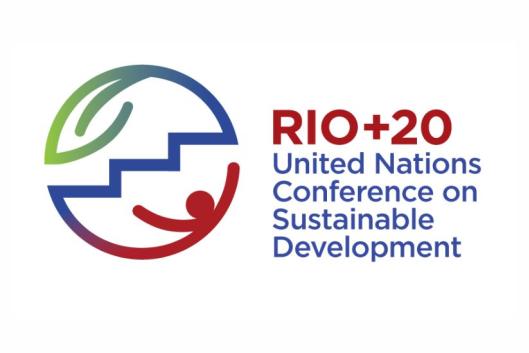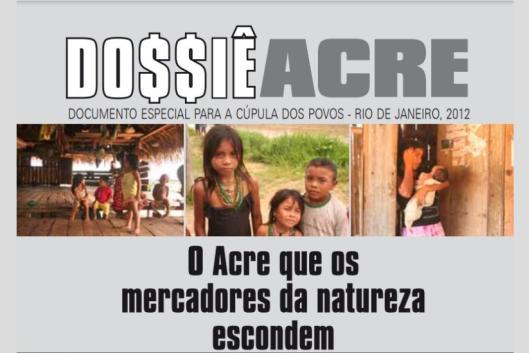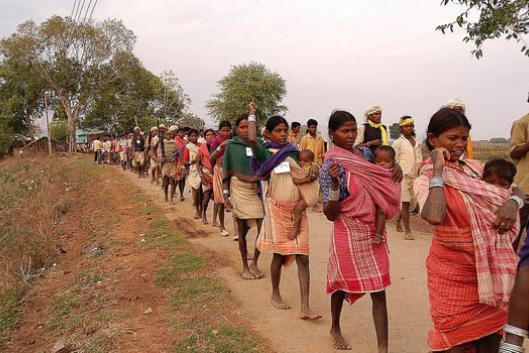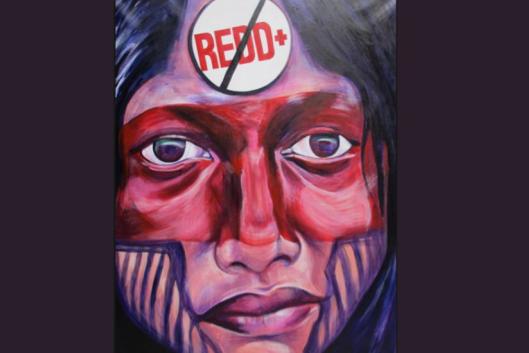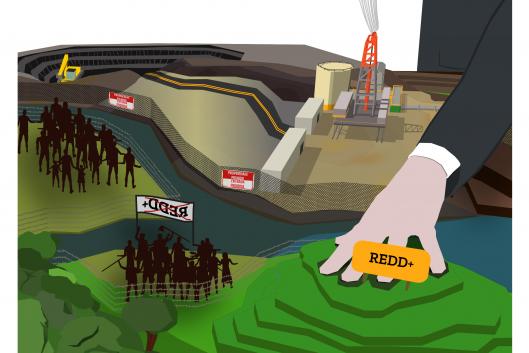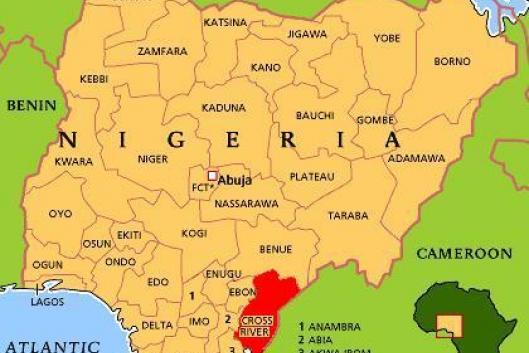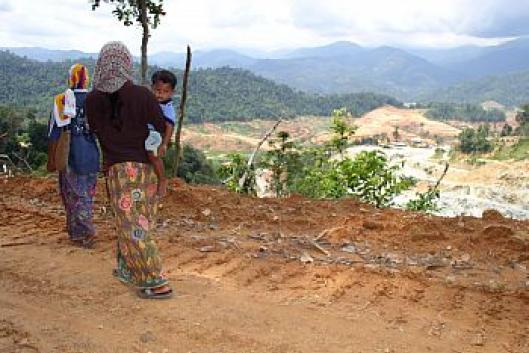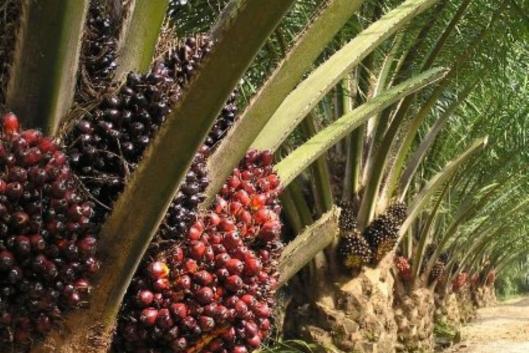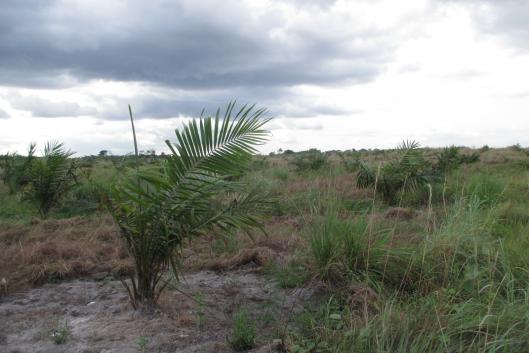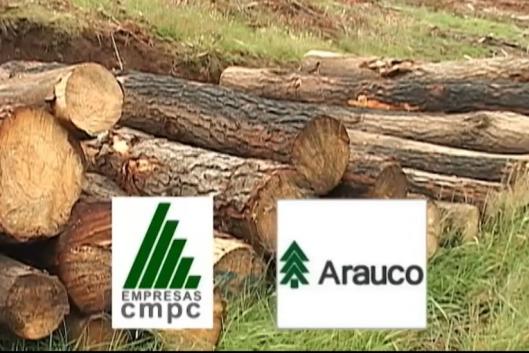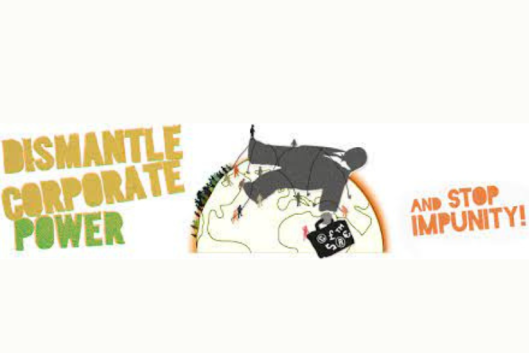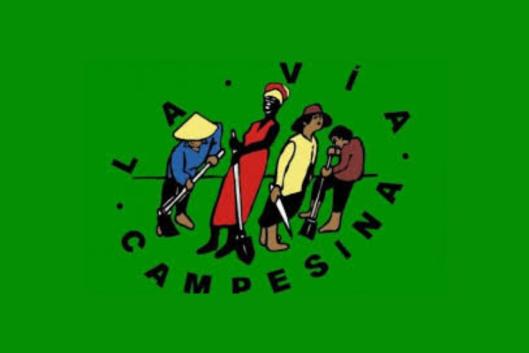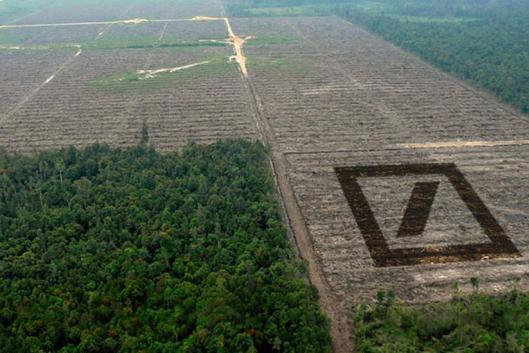During the Rio+20 summit, incidents related to the event itself, such as the expulsion of a Mozambican activist, and the daily reality faced by the local population, who suffer at the hands of the big corporations sponsoring the official conference, demonstrated that corporate power has no limits.
Mozambican journalist Jeremias Vunjanhe arrived in Brazil on June 13 to participate in the People’s Summit, an event organized by Brazilian and international civil society networks and social movements that took place before and after the United Nations Conference on Sustainable Development, better known as Rio+20. But he did not make it past the airport, where he was stopped from entering the country by the Brazilian federal police and deported to Mozambique.
Issue 180 – July 2012
OUR VIEWPOINT
BEYOND RIO+20
-
30 July 2012Those who were in Rio de Janeiro between June 15 and 23 were able to observe three parallel and different but interconnected processes. The first process, a closed one, was the Conference on Sustainable Development better known as Rio+20, which took place in Riocentro, a conference centre far from the city centre and heavily protected by thousands of police officers and armed forces.
FORESTS AND COMMUNITIES
-
30 July 2012Land grabbing is characterized by the acquisition of vast areas of land in countries of Africa, Latin America and Asia for a variety of different uses, including large-scale monoculture plantations, mining, tourism, hydroelectric power plants and food production for export, among others, by companies, investment funds and financial markets in general (see WRM Bulletin Nº 177). This has wide implications on communities and their forests, livelihoods, traditional knowledge and indeed, on their present and their future. One of the direct impacts of the corporate assault on life and nature is the death toll of people that are resisting it. A new report from Global Witness highlights the intensification of violence against land, forest and mining activists around the world.
-
30 July 2012The goal of the private investment firm Terra Global Capital is “to facilitate the market for land use carbon and other environmental credits (…) by providing technical expertise for the measurement and monetization of land use carbon credits and carbon finance through a dedicated investment fund.”
-
30 July 2012The REDD (Reducing Emissions from Deforestation and Forest Degradation) mechanism and its subsequent expanded version, REDD+, which encompasses monoculture tree plantations, form part of the “market-based” strategies for confronting climate change that we consider to be false solutions, since they do not address the true causes of the problem. The basic concept behind REDD is that governments, or the owners or concession-holders (companies, big NGOs) of forests in the South, should be compensated for keeping the forests standing, instead of cutting the trees down. This mechanism, in addition to converting carbon into a commodity, has a series of connotations with regard to the rights of indigenous peoples and other local communities over the forests, as well as their access to them.
-
30 July 2012The tropical moist forest area of Cross River state has the largest area of tropical forest in the country. Approximately 8,500 square kilometres are mostly undisturbed virgin forest, partially under community ownership. 5,140 square kilometres of the tropical high forest land are designated as protected areas, comprising the Cross River National Park, which occupies 3,330 square kilometres of high forest, and the Forest Reserves occupying 1,810 square kilometres of forest land where the Etara and Ekuri-Eyeyeng communities have their customary lands.
-
30 July 2012The current government of Sarawak, a Malaysian state on the island of Borneo, is planning to build 12 hydroelectric dams which would displace tens of thousands of people and flood large tracts of tropical rainforest. Billed as clean energy, hydroelectric dams in tropical countries have devastating impacts on our climate because of the greenhouse gases released from the mass of rotting vegetation that comes with flooding such huge swaths of rainforest.
MONOCULTURE TREE PLANTATIONS AND COMMUNITIES
-
30 July 2012The Philippine A. Brown Company, Inc. is engaged in the business of oil palm plantation development and milling. In 2010, the company started planting oil palm on 520 hectares of public land claimed by the Higaonon indigenous people.
-
30 July 2012Oil palm has traditionally been part of the culture of West and Central African communities, who have planted it on their own lands or collected its fruits, leaves or sap from the forest. The native crop has been locally processed to obtain palm oil for domestic use or sold in the local markets to produce palm wine (see the WRM briefing “Oil palm in Africa: Past, present and future scenarios”,http://wrm.org.uy/countries/Africa/Oil_Palm_in_Africa.html).
-
30 July 2012In Chile, the onslaught of big forestry business groups backed by the state means more than 3 million hectares covered with industrial monocultures of pines and eucalyptus. Industrial plantations have reported multimillion profits to groups such as Matte, owner of Forestal Mininco CMPC, or Angelini, owner of Forestal Arauco. This has been at the expense of having usurped Mapuche lands and caused havoc with the aforementioned exotic species that have reduced the water of streams and groundwater by increasing the incidence of drought, have eroded the soils and replaced farmland and forests. The result is that, given the lack of arable land and water loss, much of the rural population migrates to cities, often collapsing due to lack of employment and real opportunities.
PEOPLES IN ACTION
-
30 July 2012As part of the People's Summit during Rio +20 a Global Campaign Against Transnationals was launched, under the slogan “Dismantle Corporate Power and put an end to impunity”. The campaign aims to unite hundreds of campaigns, networks and social movements and organizations that are fighting against the impacts of transnational corporations on human rights, nature and the planet.
-
30 July 2012Allies from 26 countries in Asia, Africa, America and Europe have met in West Sumatra, Indonesia, from July 10 to 15, 2012,convened by La Via Campesina and the Global Campaign for Agrarian Reform under the issue “Agrarian Reform and the Defense of Land and Territory in the 21st Century: The Challenge and the Future”. In the midst of a global emergency caused by the multiple crises of food, climate, finance, poverty and unemployment, they evaluated strategies and lessons learned during two decades of struggles for agrarian reform, urged by the recent worldwide avalanche of land grabbing. The result was the Bukit Tinggi Declaration, which begun to outline some key elements of a new vision of agrarian reform and the sovereignty of peoples over their territories.
-
30 July 2012Rainforest Rescue has started a campaign to demand Deutsche Bank to dissociate itself from the Malaysian palm oil giant FELDA Global Ventures Holding, which wants to raise three billion dollars on the stock market to establish new oil palm plantations in Indonesia and Africa. Rainforest areas are going to be bought, destroyed and turned into huge monocultures. The Deutsche Bank, one of Germany's largest banks, which pretends to be ecologically and socially harmless, is helping FELDA to search for investors. The campaign invites to sign a letter asking the Deutsche Bank to dissociate itself from FELDA and to refrain from any more financing that leads to land grabbing or logging.
-
1 July 2012Some of the world’s most disreputable corporations – like Rio Tinto, Dow and BP – are providing sponsorship to the Olympics Games, using it as a smokescreen for environmental and human rights abuses the world over. Sponsored by Bhopal Medical Appeal, London Mining Network and UK Tar Sands Network, a new campaign to stop Dow, BP and Rio Tinto from ‘winning’ at the 2012 Olympics was launched in April, to vote which of those three “dodgy company most deserves the Greenwash Gold medal in 2012”, “who is covering up the most environmental destruction and devastating the most communities while pretending to be a good corporate citizen by sponsoring the Olympic games?”
RECOMMENDED
-
30 July 2012Rather than shifting course, the so-called Green Economy strategy unveiled at the 2012 United Nations Conference on Sustainable Development drives nature further into the global marketplace by defining an economic value on what the Earth “does” for humans, detachedly called “ecosystem services.” Proponents of this scheme of “commoditizing” soil, forests, and fresh water profess that by putting a price on the natural world, it can be ‘saved’. The report from Global Exchange can be read athttp://www.globalexchange.org/sites/default/files/RONPlantingSeeds.pdf
-
30 July 2012"The dark side of investment agreements" is a new video by TNI that explains how such agreements bind governments to the power of Transnational corporations leaving them no room for defensive measures against human rights abuses, environmental damage, or breach of commitments made by companies. frameborder="0" width="640" height="360">
